Swedes love coffee. It’s evident from the fact that they’re in Top5 countries on coffee consumption. To them, coffee isn’t just a caffeine boost, but a true way of life. No wonder, Stockholm is home to a wide variety of cafés, ranging from cool (some very hipsterish!) coffee shops to traditional cafés. And there’s no better way to experience the capital city of Sweden and immerse yourself in the local culture than stepping into one of the best cafés in the city.
Café Pascal is the biggest passion project of Arman, Hosep and Jannet Seropian, three siblings from Armenia. Coffee is an integral part of their culture back home, so they named the café after Pascal Harutiun, an Armenian Parisian who opened one of the Europe’s first coffee shops in 1672.
Café Pascal probably serves the best coffee in Stockholm. In 2019, this coffee place won the prestigious ‘Gulddraken’ award for the best café in the city. Located near Odenplan station, it is a convenient walk for the visitors, else it’s a short couple subway stops away from the old town.
I had Ethiopian Yirgacheffe in Chemex and shared it with my amigos.
Besides great hand-crafted brews, Café Pascal makes amazing Cinnamon Buns & Semlas.
Semla is the traditional Swedish dessert. They’re essentially soft bread with cardamom and almond paste, and big dollop of whipped cream. Semlas are so addicting that Sweden’s King Adolf Frederick died as a result of eating too many. According to Wikipedia, his death is popularly “attributed to a heavy consumption of semlas.”
Coffee Farm Info
This coffee was produced by smallholder producers in the Worka Chelbesa kebele, or village, in the Gedeo zone of Ethiopia, and was processed at a wet mill in the kebele operated by Negusse Debela. Negusse operates two sites now in Worka Chelbesa, including one in the Danche sub-area, and processes Washed, Natural, and unique experimental lots in an effort to continue improving the quality of their final product.
Worka Chelbesa is located in Gedeb woreda, which is the southernmost part of the Gedeo zone. The area is known for its dense semi-forest vegetation, including ensete trees and other shade plants, providing ideal conditions for shade-grown coffee.
Local farmers grow Wolisho and Dega variety coffee, which are landrace varieties from the Yirgacheffe region. Cherries are manually harvested before being taken to the processing station where they are hand sorted before being processed. Pulped coffee is wet fermented for 72 hours before being washed in channels. The fermentation tanks at Negusse’s sites are ceramic, quickening the fermentation process and contributing to the clarity of the final cup. The coffee is then density sorted for quality, ensuring easy separation in higher grade lots. After fermentation and sorting, coffee is soaked for two hours to complete the fully Washed process and then dried for 10 days. All coffee is hand sorted a final time after drying before being prepared for export.
Origin
· Country : Ethiopia
· Region: Yirgacheffe
· Producer : Negusse Debela
· Farm : Various Smallholder Farms
Coffee specifications
· Variety : Wolisho, Dega
· Process : Washed
· Harvest : November–January
· Tasting notes : Red Berry, Honey, Stone Fruit, Citrus
· Elevation : 2050 masl




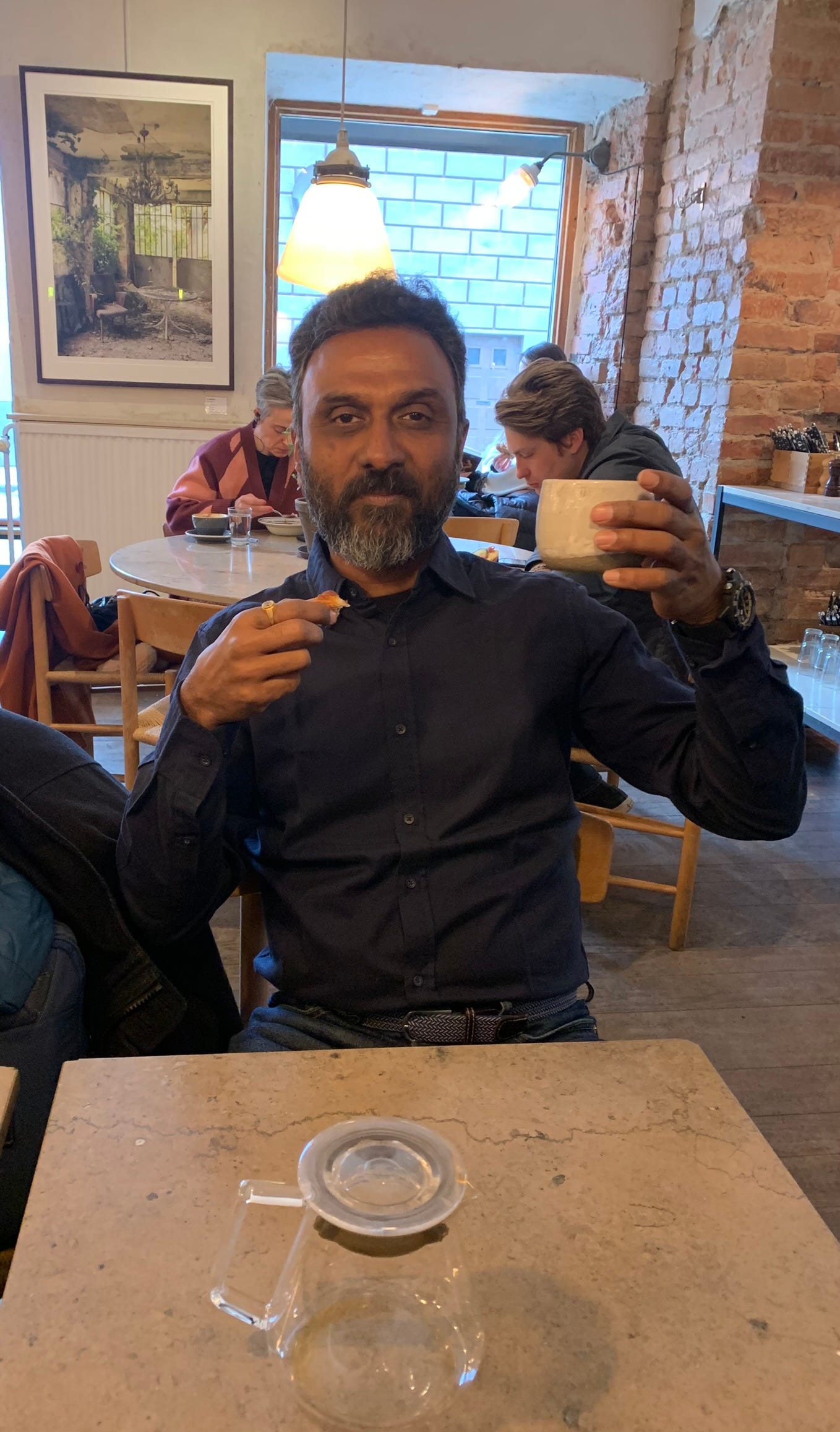

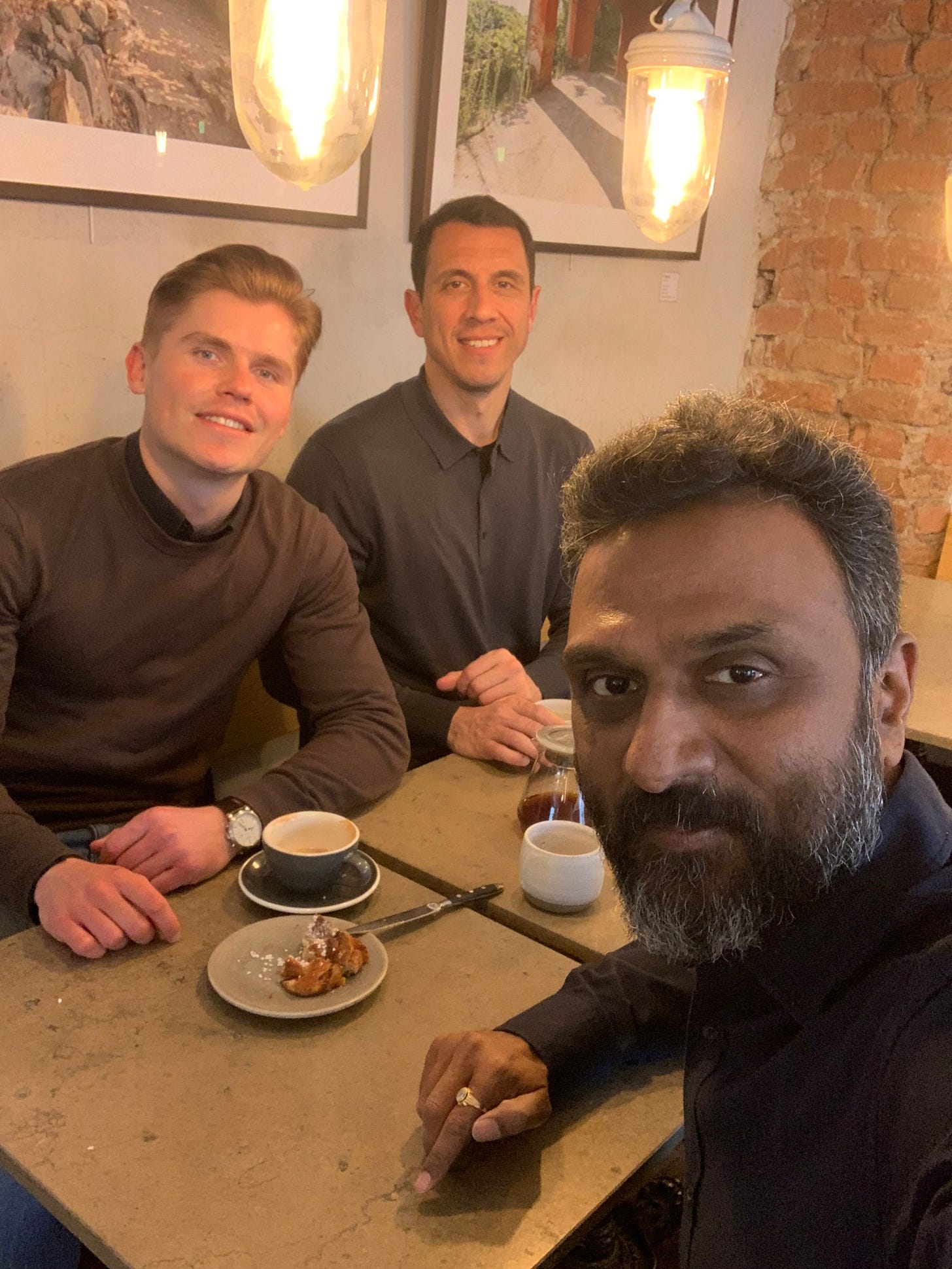
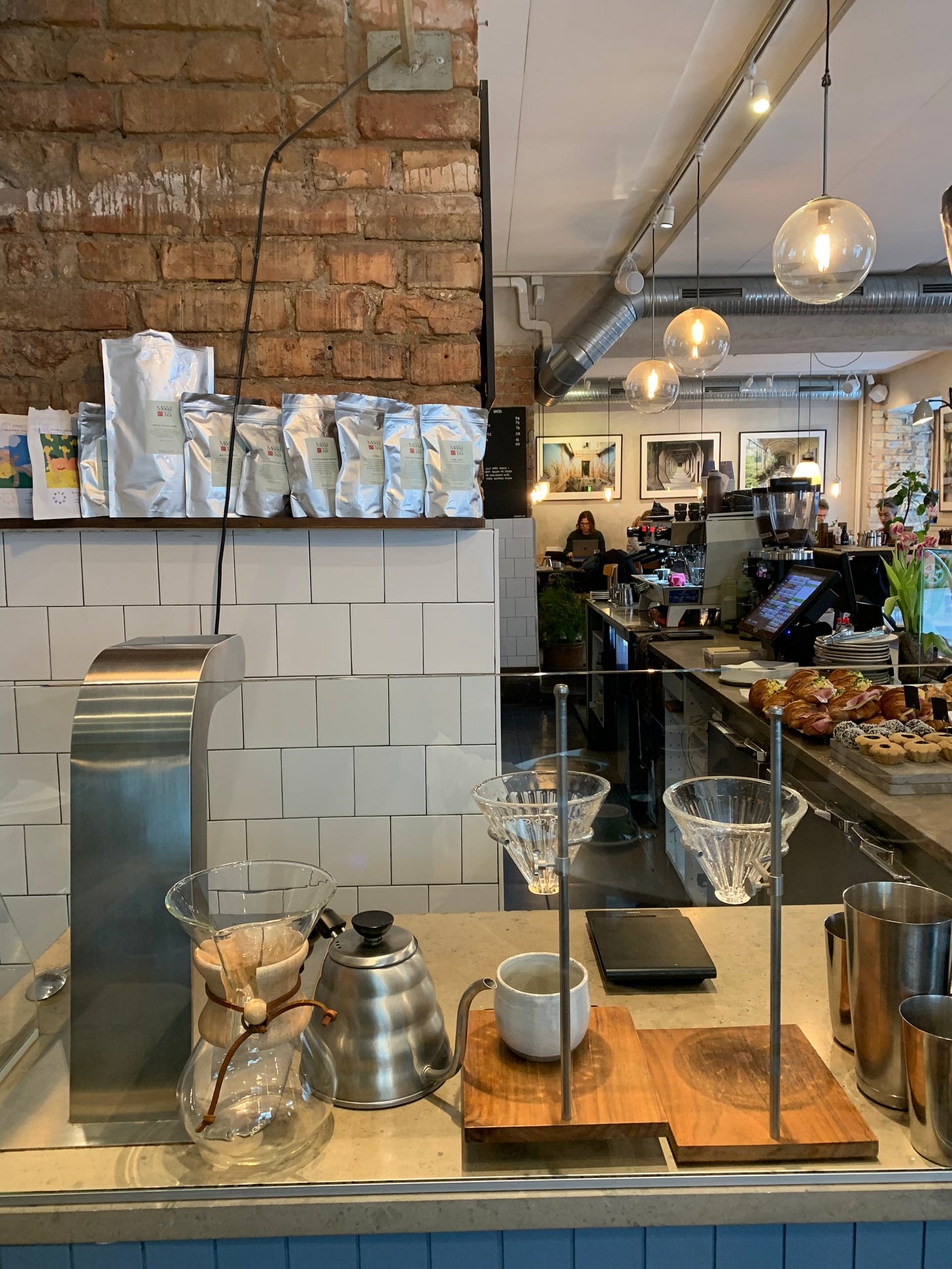

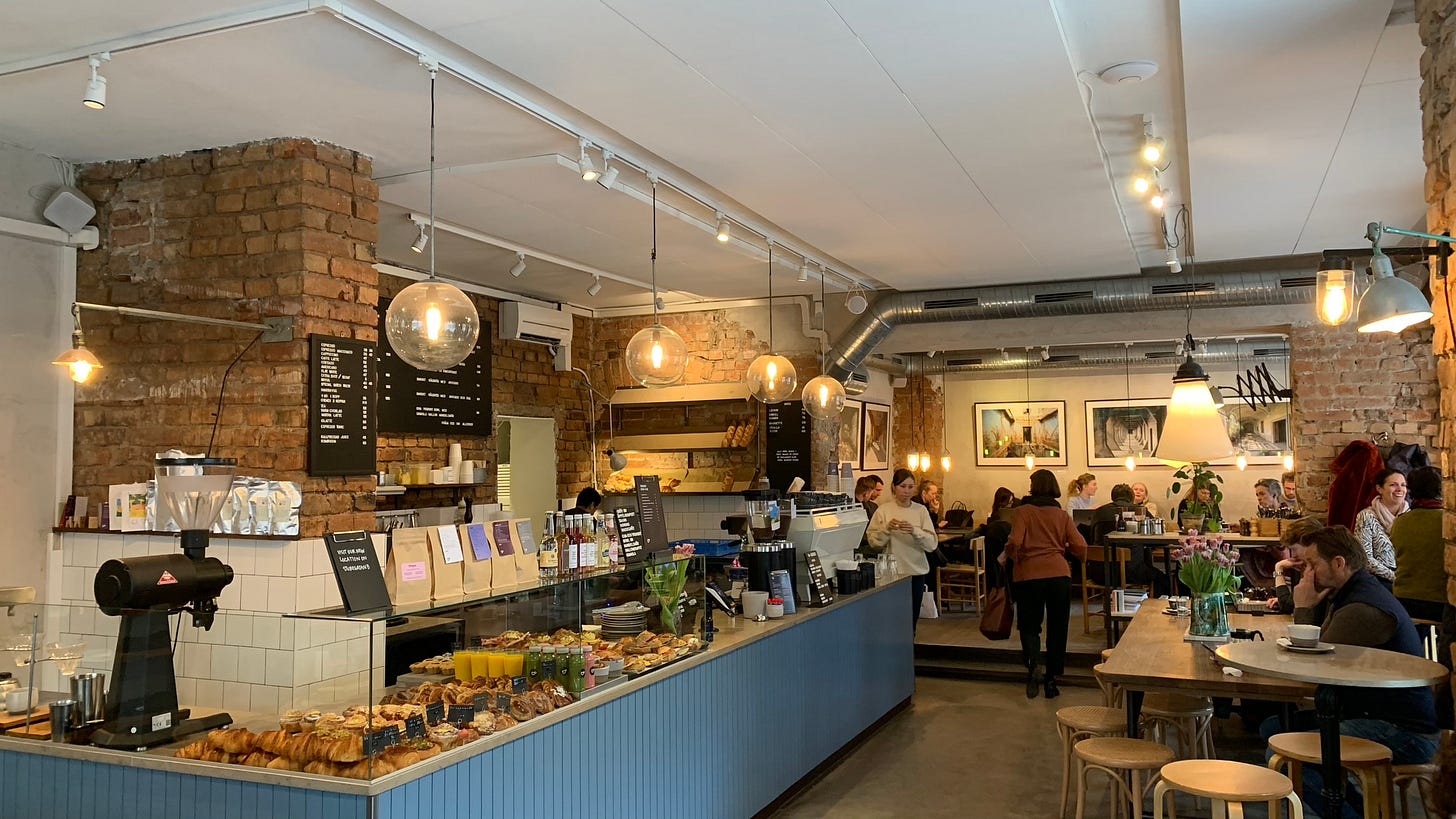
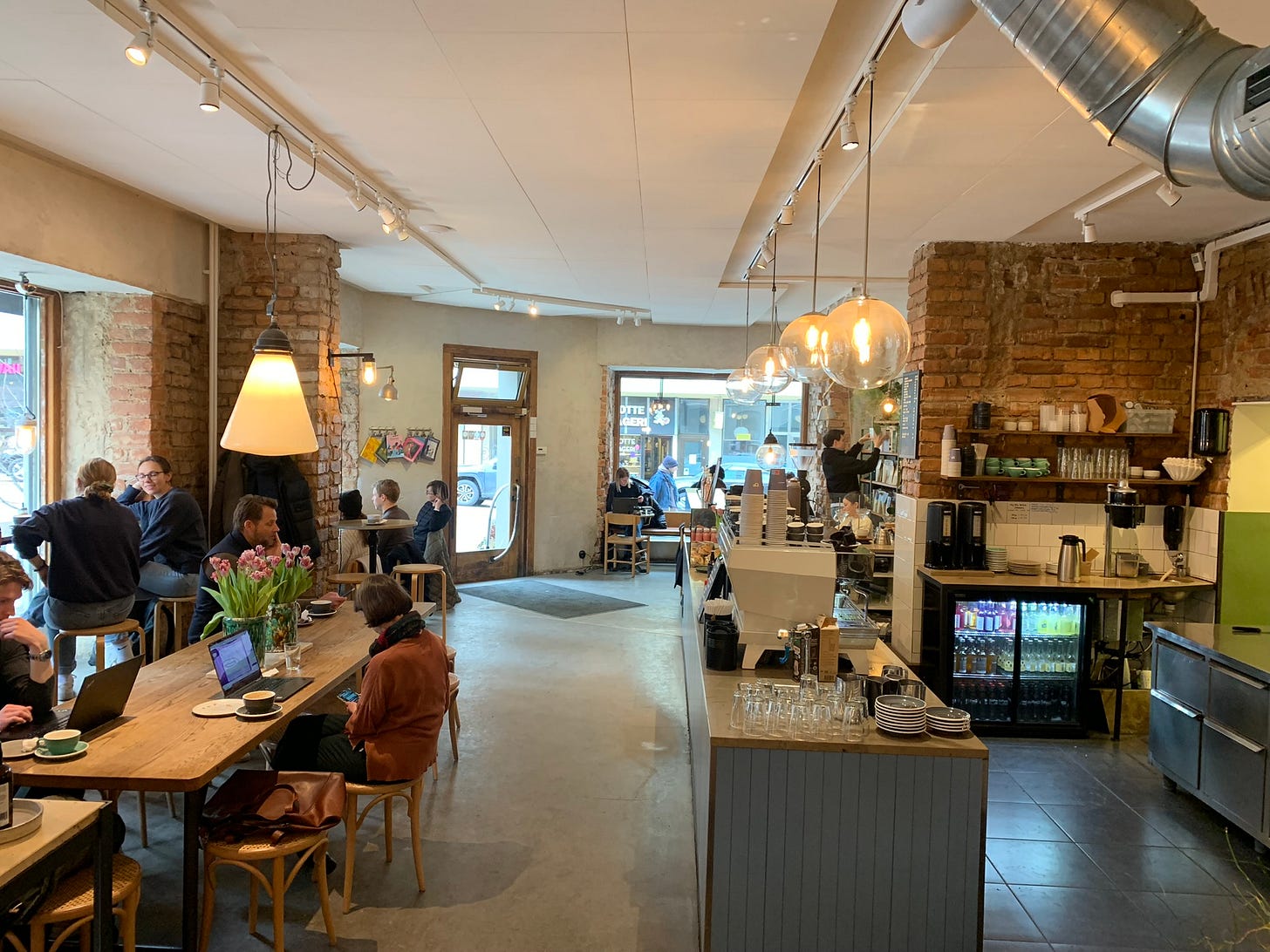
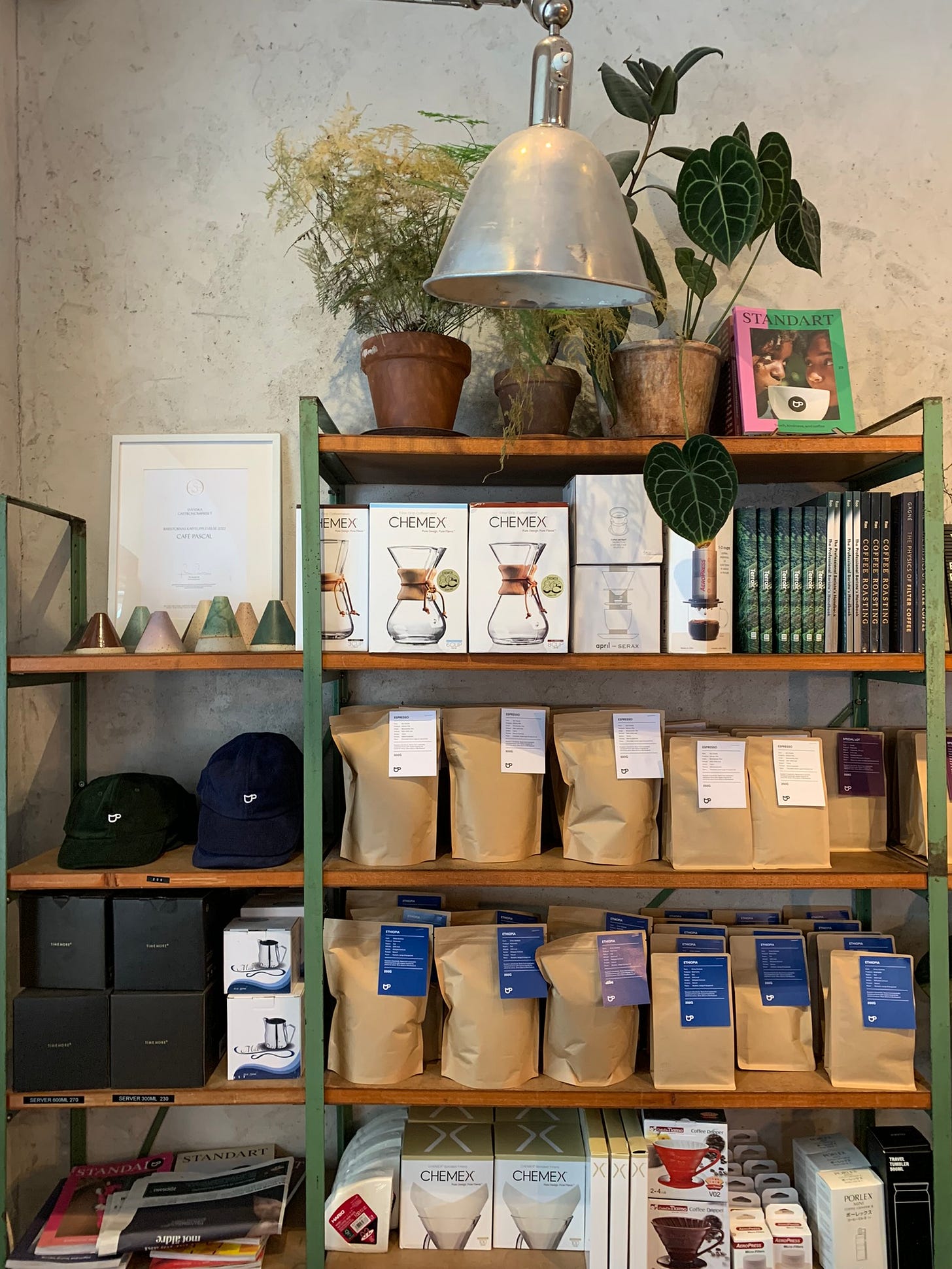
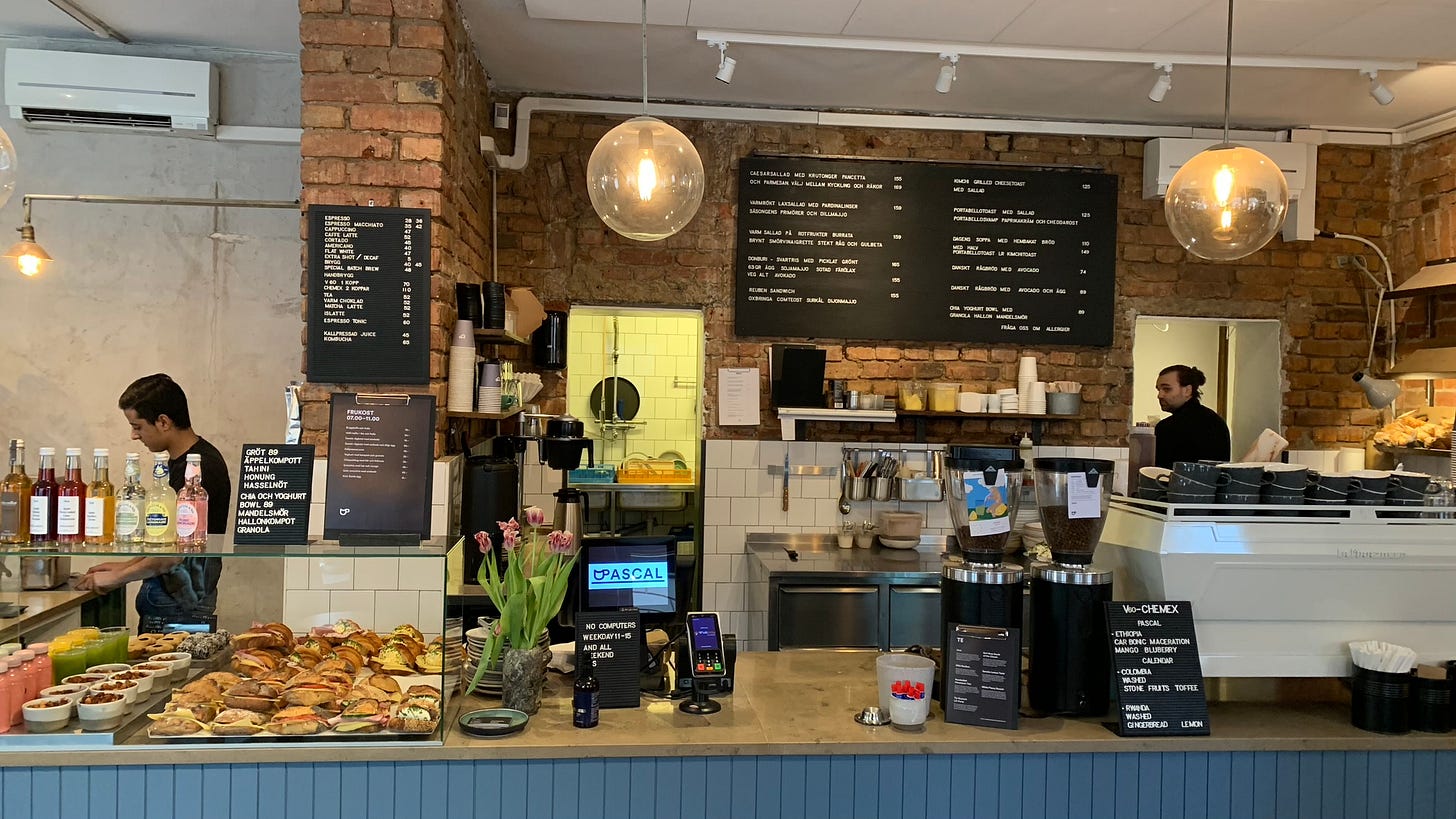

Nicely written and great detailing
Amazing Ramki..... Great insite.....